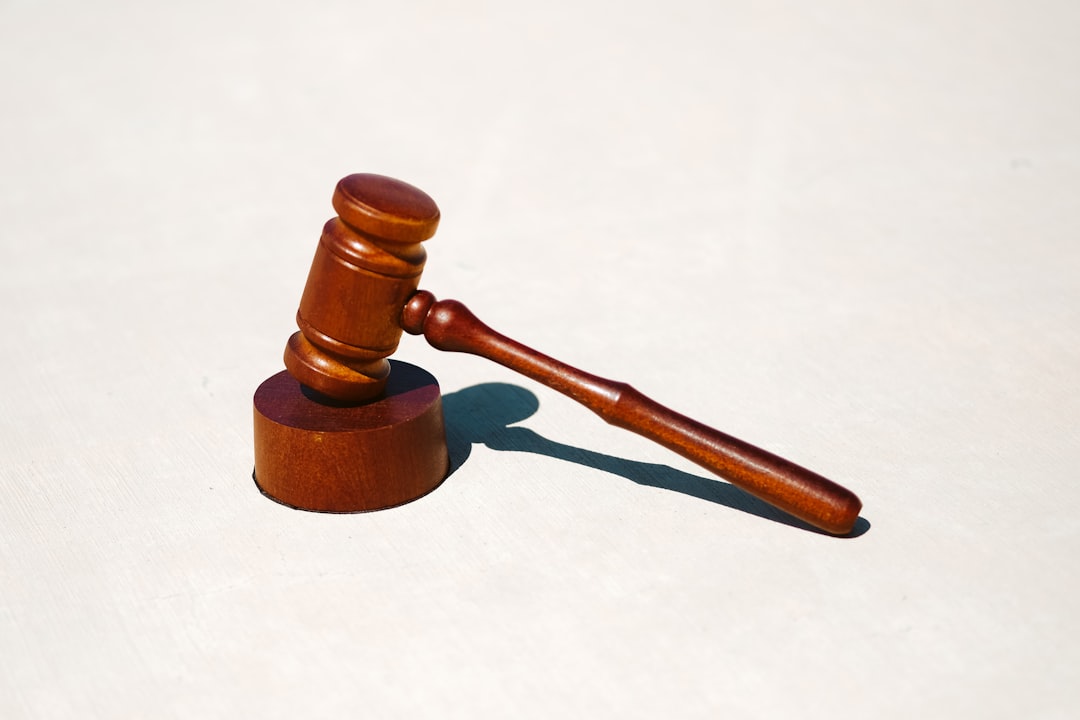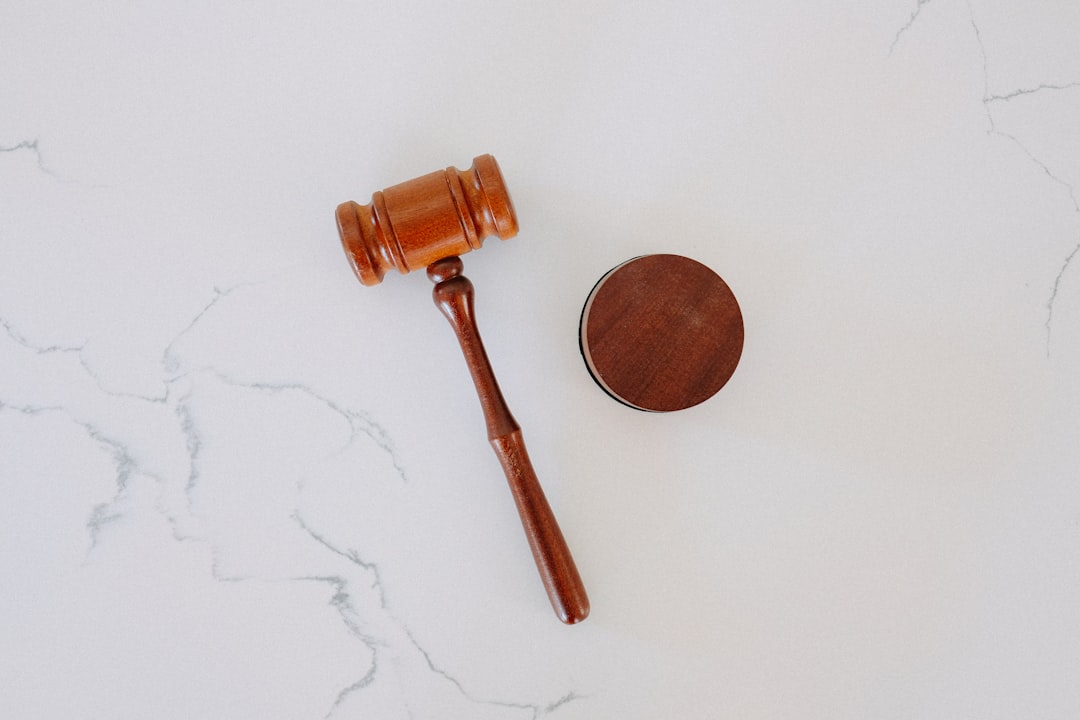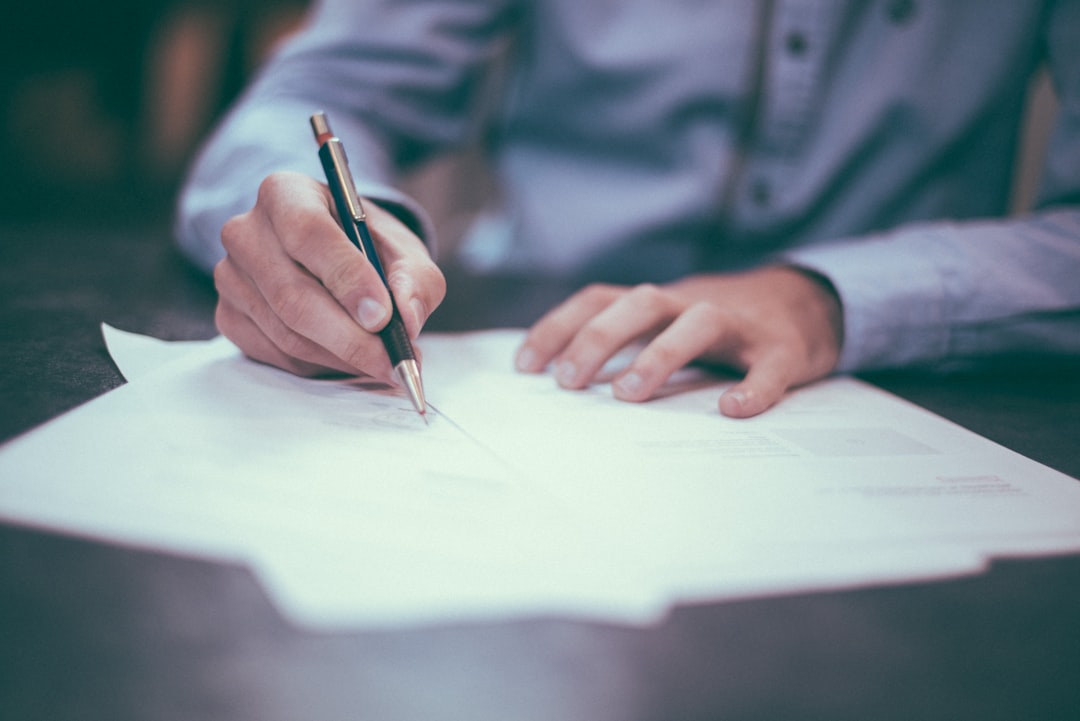“In Georgia, dedicated legal support for rape survivors is crucial. This comprehensive guide explores your rights and resources under Georgia’s rape laws. We delve into the critical role a rape lawyer plays in navigating complex legal systems after an assault, offering essential steps to take immediately afterward. From understanding your rights to accessing support services, this article equips you with knowledge to prioritize safety and well-being. Discover how a rape lawyer in Georgia can be your advocate.”
Understanding Rape Laws in Georgia: Rights and Resources for Survivors

In Georgia, understanding rape laws is a crucial step for survivors seeking justice and healing. The state has specific statutes that define and address sexual assault, outlining the rights and resources available to victims. A rape lawyer in Georgia can help navigate this complex legal landscape, ensuring survivors receive the support they deserve. These laws aim to protect individuals from sexual violence and provide avenues for prosecution, offering a measure of closure and accountability.
Survivors in Georgia have the right to seek legal assistance from a rape lawyer who specializes in such cases. These attorneys are equipped to guide victims through the process, explaining their options and rights under the law. From reporting the crime to pursuing criminal charges or seeking civil compensation, a dedicated rape lawyer can ensure survivors are not only heard but also protected within the legal system.
The Role of a Rape Lawyer: Navigating the Legal System After an Assault

After a traumatic experience like rape, victims often need more than emotional support; they require legal assistance to understand and navigate their rights within the complex justice system. This is where a rape lawyer in Georgia steps in as an invaluable ally. These specialized attorneys are equipped with extensive knowledge of sexual assault laws and procedures, enabling them to guide survivors through every step of the legal process.
A rape lawyer in Georgia plays a crucial role in ensuring victims’ rights are protected and their stories are accurately represented. They help victims understand their options, including pressing charges, seeking compensation for medical expenses and emotional trauma, and navigating any potential civil lawsuits. With their expertise, survivors can focus on healing while the lawyer handles the intricate details of filing police reports, gathering evidence, and preparing for court appearances, ultimately fostering a safer and more supportive environment for rape victims in Georgia.
Support Services Available for Rape Survivors in Georgia

In Georgia, rape survivors have access to a range of support services designed to help them navigate both the legal and emotional aftermath of their experience. Many organizations offer counseling, medical care, and legal advocacy specifically tailored for victims of sexual assault. These services are crucial in ensuring that survivors receive comprehensive care, including connecting them with a rape lawyer Georgia to pursue justice and compensation.
Legal support from a rape lawyer Georgia can range from assisting with criminal proceedings against the perpetrator to helping survivors navigate civil lawsuits for damages. Organizations like the Georgia Legal Services Program and local victim advocacy centers often provide free or low-cost legal aid to ensure that financial constraints do not deter survivors from seeking justice. These services play a vital role in fostering a safe and supportive environment for rape survivors in Georgia.
Steps to Take Immediately After a Rape: Prioritizing Your Safety and Well-being

After a traumatic experience like rape, it’s crucial to take immediate steps to prioritize your safety and well-being. If you’re in Georgia, reaching out to a rape lawyer is an essential first step. They can provide crucial legal support, ensuring your rights are protected throughout the process. A rape lawyer in Georgia will guide you on collecting evidence, reporting the crime to law enforcement, and understanding your options for pursuing justice.
In the immediate aftermath, focus on seeking medical attention as soon as possible. This not only ensures your physical health but also serves as an important step in documenting any injuries or symptoms resulting from the assault. Additionally, preserve any potential evidence, like clothing or items that might have been contaminated by the perpetrator. These actions will aid law enforcement and your legal representation in building a strong case while ensuring your well-being remains a top priority.






